The ISHI planning team has expanded by six members as we’ve formed an inaugural advisory committee. The committee was formed to steer the content and format of the annual symposium to reflect the interests of the diverse stakeholders in the forensic science community.
We will be conferring with the advisory committee throughout the planning of the ISHI conference, and are grateful for the experience and expertise that they bring. Below, we introduce the six members who make up the committee and get to know them a little better.
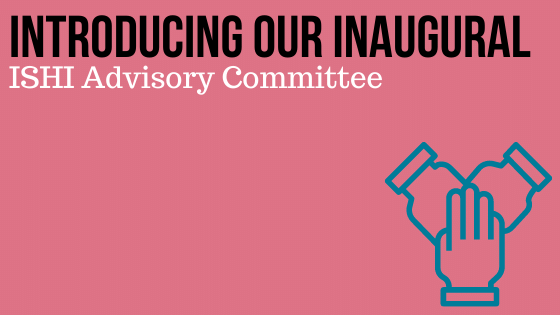
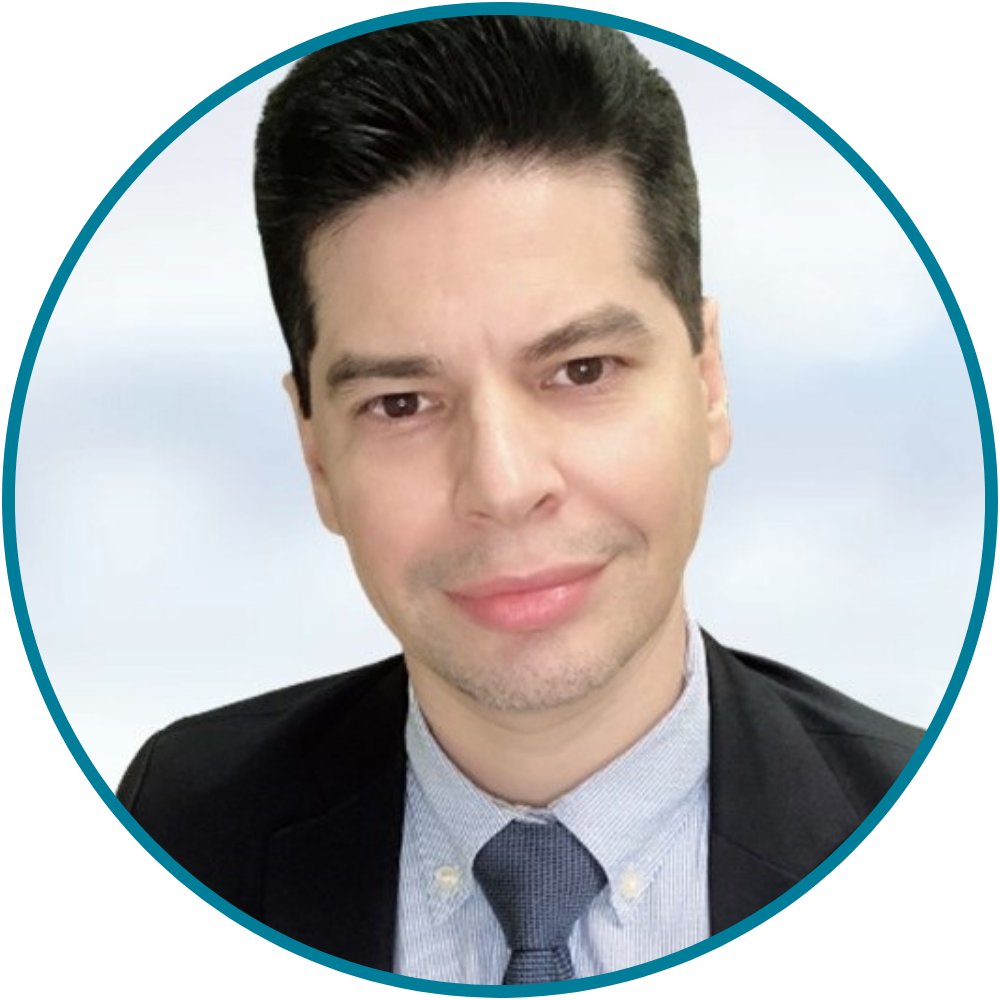 Ronaldo Carneiro da Silva Junior Ronaldo Carneiro da Silva Junior
Custodian of the National DNA Database, Brazilian Federal Police | Ronaldo is a Forensic Expert at Technical Scientific Directory of Brazilian Federal Police. He is the Custodian of the National DNA Database and Coordinator of the Steering Committee of the Brazilian Network of DNA Databases. Ronaldo obtained his Pharmacy degree at the Universidade Federal Fluminense – in habilitation in Industrial Pharmacy and Biochemistry. His Master (2005) and Doctorate (2009) degrees were completed at the Universidade Federal Fluminense. Ronaldo has been the head of the Technical-Scientific Sector at Federal Police Superintendence in the State of Acre from 2012 to 2014 and Head of the Forensic Genetics Area at the National Institute of Criminalistics from 2016 to 2018. He is a member of the International Society for Forensic Genetics (ISFG) and was an elected member of the Board of Directors of the Ibero-American Working Group on DNA Analysis of the Ibero-American Academy of Criminalistics and Forensic Studies (GITAD/AICEF) for the 2017/2019, 2019/2021, and 2021/2023 biennia. Ronaldo is a collaborator of the National Secretariat of Public Security (SENASP) within the Collection of Biological Material in Brazilian Prisons Program. He is also a project reviewer of the Federal District Research Support Foundation – FAP/DF. He is a founder and member of the management team of the DNA Integrated System (SInDNA) Development Project, a tool that has the proposal to be a complete solution for the development of forensic genetics and for the promotion of DNA Databases in Brazil. |
| 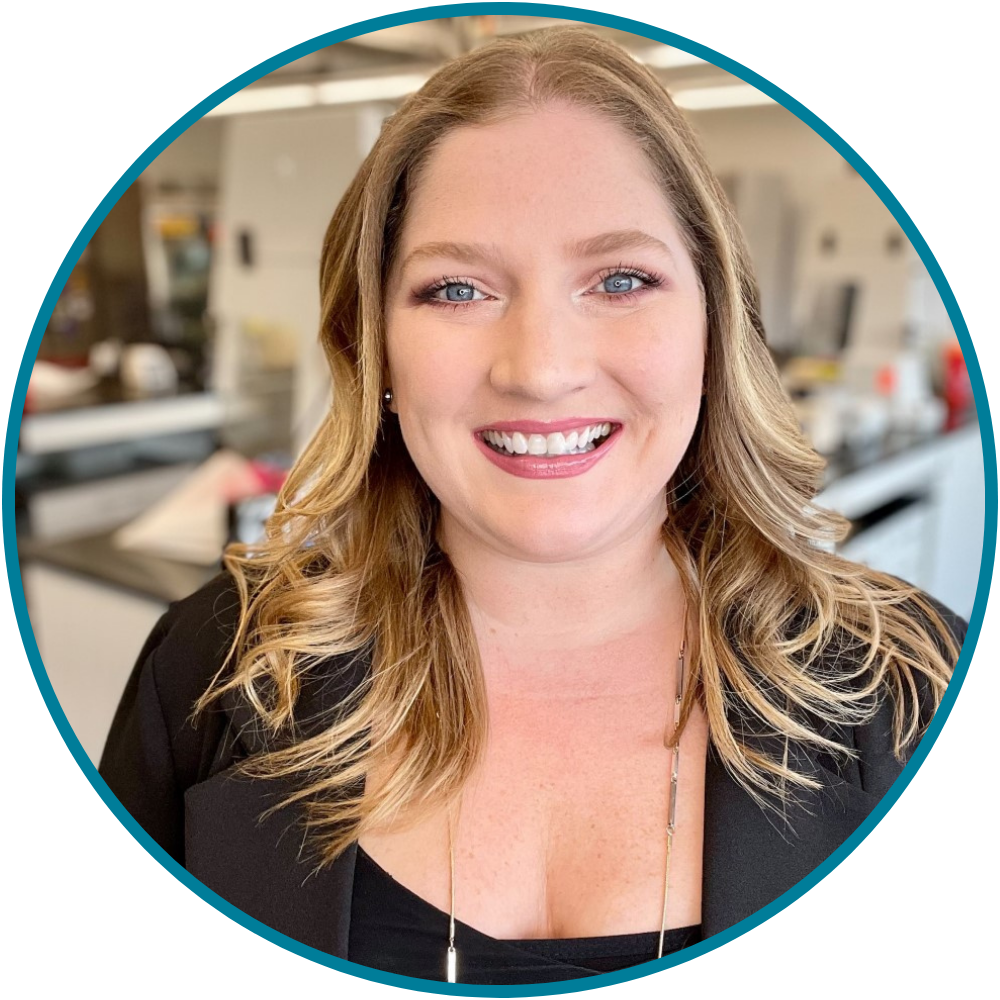
Dr. Claire GlynnAssociate Professor, University of New Haven | Dr. Glynn previously worked as a forensic scientist at Eurofins Forensic Services (formerly named LGC Forensics) in Oxfordshire, England. Eurofins Forensic Services is one of the United Kingdom’s leading forensic science providers for the UK’s police forces. Dr. Glynn worked in the forensic biology department, within the homicide and sexual assaults team, which has investigated some of the UK’s most high-profile crimes. For her Doctoral degree, Dr. Glynn chose to pursue cancer research, specifically breast cancer, as she wanted her research to be truly impactful, translational, and patient-oriented. The research team that Dr. Glynn worked with is world-renowned in the field of breast cancer research. Her research focused on developing novel biomarkers (microRNAs) for disease diagnosis and treatment. The molecular profiling skills she learned throughout her Ph.D. research are now being researched and applied to forensic applications for the identification of forensically relevant body fluids. Dr. Glynn, who joined the University of New Haven in 2014, teaches both undergraduate and graduate courses in forensic science, focused on forensic biology, forensic DNA analysis, and forensic/investigative genetic genealogy (F/IGG). Her research interests are focused F/IGG, and a broad range of applications for this novel investigatory tool. This includes investigating the effects of degraded samples and novel technologies, establishing best practices, the international feasibility of this tool, historical applications, and ethical considerations, to name just a few. Her other research interests include Rapid DNA analysis, RNA (mRNA and miRNA) analysis, Single Nucleotide Polymorphism (SNPs) applications, and DNA Methylation markers. Dr. Glynn is the founding Director of the University of New Haven’s online Graduate Certificate in Forensic Genetic Genealogy, and she actively consults and provides subject matter expertise on the topic to law enforcement agencies, both nationally and internationally. |
| 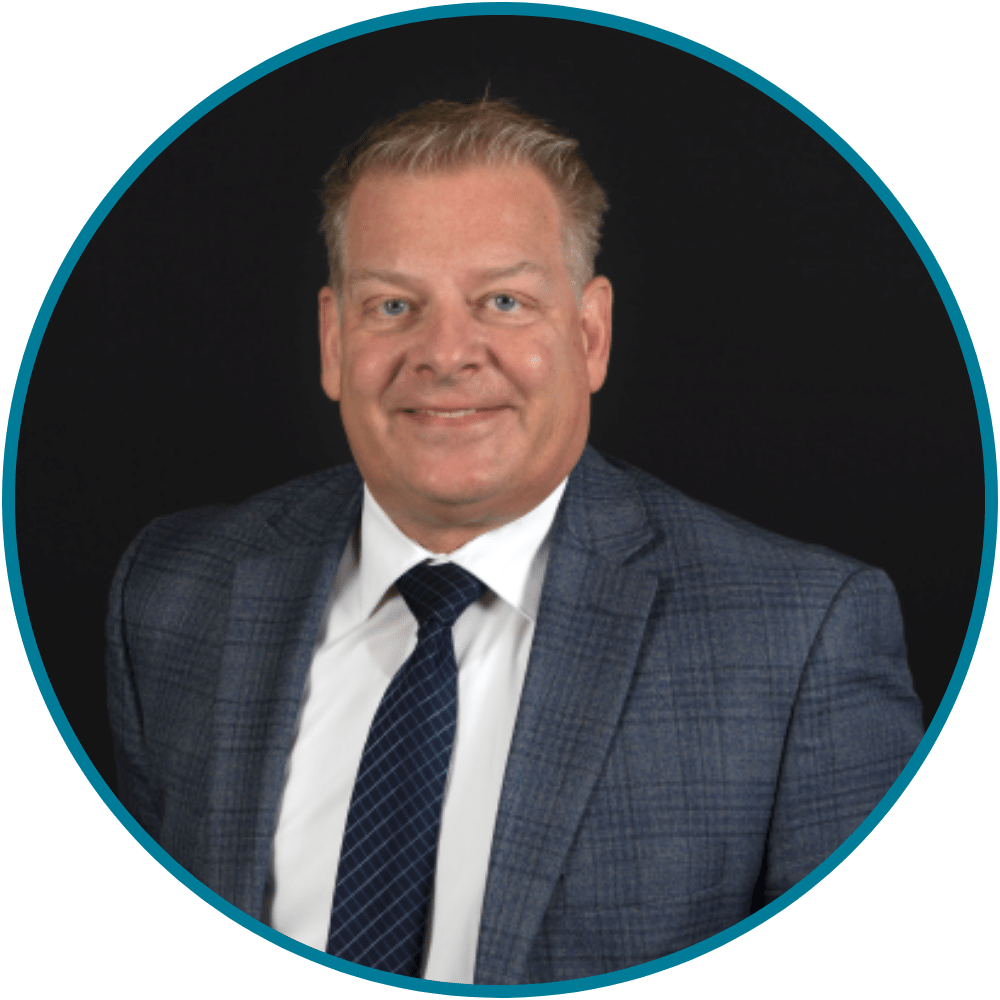
Brian HoeyLaboratory Director, Missouri State Highway Patrol | Brian Hoey is a twenty-nine-year veteran of the Missouri State Highway Patrol Crime Laboratory. Brian worked much of his career as a DNA analyst and served as the DNA technical Leader for 8 years. Brian is currently the Director of the laboratory system. Brian holds a Bachelors and Masters degree in Biology from Northern Illinois University. as well as an MBA from William Woods University. Brian served as a Member of the Scientific Working Group on DNA Analysis Methods (SWGDAM) for 8 years as well as served on it’s on the Executive Board for 3 years. Brian is a Member of the Midwestern Association of Forensic Scientists (MAFS) where he served on the Board of Directors as the Treasurer for three years (2008-2011) and President (2013). Brian was awarded MAFS Outstanding Scientist in 2016. Brian has given talks and taught workshops for MAFS, Promega, ASCLD, Bode to name a few. Brian is a certified facilitator for Police Leadership: The West Point Model. Brian is on the Forensic Laboratory Needs Technical Working Group and is also a member of the American Academy of Forensic Sciences (AAFS) and The American Society of Crime Laboratory Directors (ASCLD). Brian has been married to his wife Kristen for 21 years and together they have two daughters Kate 20 and Kyra 17. |
| 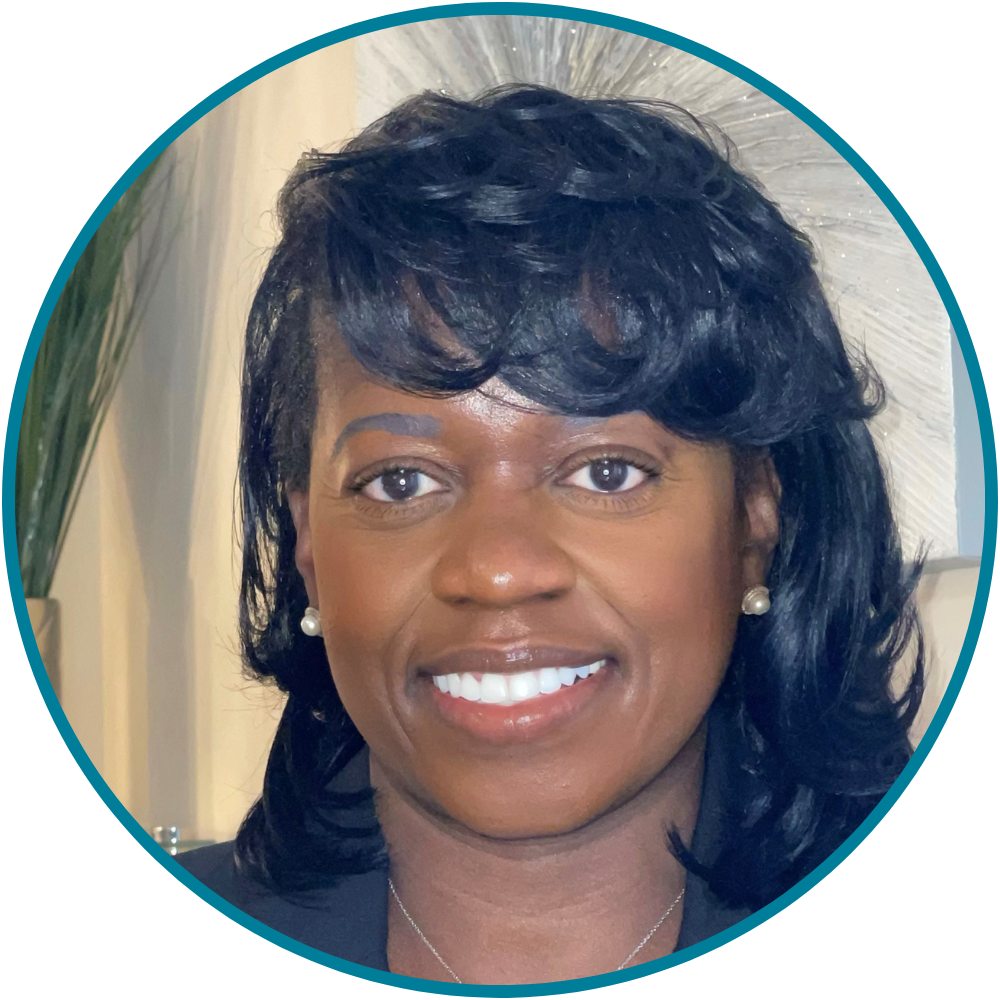
Deedra HughesAssistant Director/CODIS Administrator, Mississippi Crime Laboratory | Deedra Hughes is the Assistant Director and CODIS Administrator of the Mississippi Forensics Laboratory. She earned her Bachelor of Science in Biology from Alcorn State University and her Masters in Forensics Science from National University San Diego. Deedra is employed with the Mississippi Forensics Laboratory since 2000 where she oversees the technical aspects of the four laboratories in the state and oversees the state’s DNA Database. She has assisted in authoring the DNA arrestee collection law for the state of Mississippi, and trained Sexual Assault Nurse Examiners throughout Mississippi on the proper collection of sexual assault evidence. Deedra is a member of the Scientific Working Group of DNA Analysis and Methods (SWGDAM). She serves as the Co-Chair of the CODIS committee on SWGDAM, and is a trained ISO 17025 and QAS auditor. She serves on the Forensic Advisory Board for the University of Mississippi. Deedra is a member of the American Society of Crime Laboratory Directors, American Academy of Forensic Sciences, Southern Association of Forensic Science and Mississippi Division of the International Association for Identification. She also holds a national certification from American Board of Criminalistics. |
| 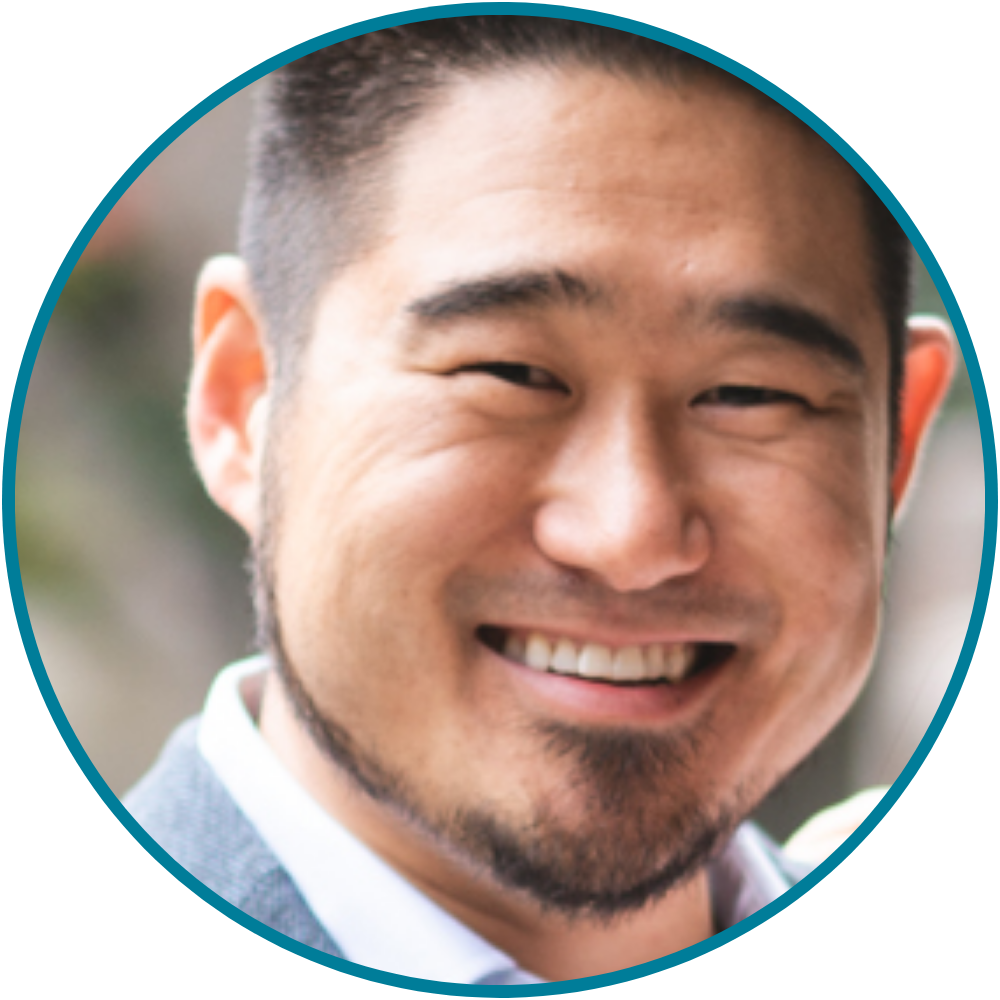
Brian KimCriminalist, Los Angeles Police Department | Brian Kim is a Criminalist for the Los Angeles Police Department. He completed his Bachelor of Science degree in Biochemistry at the University of California Los Angeles. Brian joined LAPD in 2011 and was assigned to the Serology DNA Unit which processes over 20,000 DNA samples a year. He is currently a member of the validation team which evaluates and implements new technology to assist in forensic DNA analysis. |
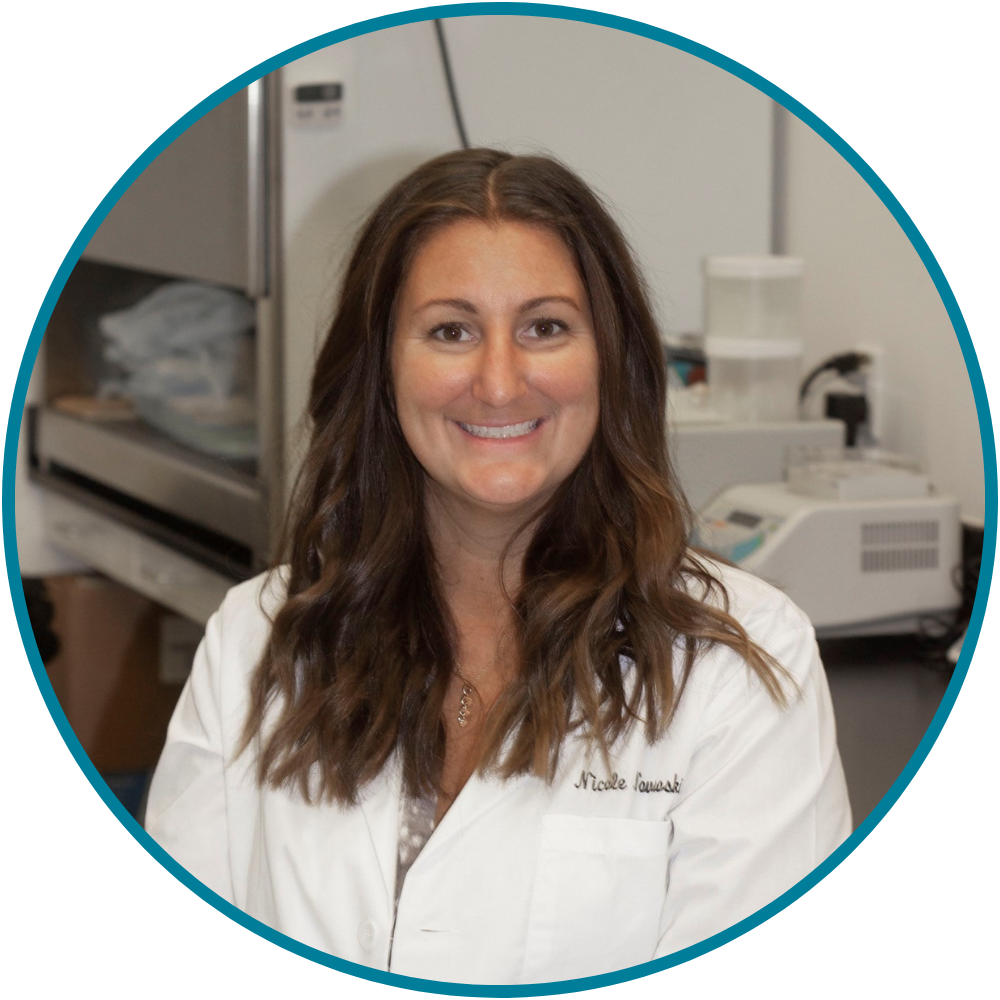 Dr. Nicole NovroskiAssistant Professor at the University of Toronto, Mississauga | Dr. Nicole Novroski is a Forensic Geneticist and Tenure-Stream Assistant Professor at the University of Toronto in the Department of Anthropology with a primary teaching appointment in the Forensic Science Program at the University of Toronto Mississauga (UTM). Dr. Novroski’s academic accolades include a Bachelor of Science (Hons; 2009) in Forensic Science and Biology from the University of Toronto, a Master of Science (2011) in Forensic Biology from the University at Albany (SUNY) and a Doctor of Philosophy (2018) in Molecular Genetics from the University of North Texas Health Science Center at Fort Worth, Texas. Her educational training largely focused on the exploration of previously uncharacterized genetic markers for improved DNA mixture de-convolution of complex forensic profiles. Dr. Novroski is the recipient of numerous honors including the Forensic Sciences Foundation (AAFS) Douglas M. Lucas Grant, the Connaught New Researcher Award and the University of Toronto Mississauga Dean’s Award for Excellence (Faculty). She is an Associate Member of the American Academy of Forensic Sciences, an Active Member of the International Society of Forensic Genetics and an Active Member of the Scientific Research Honour Society Sigma Xi. Her publication record includes over 20 peer-reviewed manuscripts, 35 scientific communications, public abstracts and oral presentations as well as two book chapters. She is an ad hoc reviewer for multiple international journals in the areas of human and forensic genetics and serves as a committee member for LabRoots Forensic Science, the Swiss National Science Foundation, and the American Society of Human Genetics DNA Day Essay Contest. |
Why were you interested in participating in the advisory committee and what do you hope to contribute?
Ronaldo: I am passionate about scientific events and I really appreciate the idea of sharing my passion with other people who feel the same way. Participating in the elaboration of scientific agendas and discussing topics of interest is something I really appreciate.
I should mention that I am also very honored to represent Brazil and all Latin American countries on the Advisory Committee. I want all forensic scientists in these countries to feel represented, and that they identify even more with ISHI. I want to help make the program reflect the aspirations of the Latin American scientific community.
Finally, I am really excited to support the organization of ISHI in making the symposium a unique experience for attendees.
Claire: ISHI has always been such a valuable resource to me for keeping up to date with new developments and for connecting with a broad range of practitioners and academics across the forensic DNA industry. Collaboration and a sharing of knowledge/expertise can only strengthen the industry as we continue to build a path forward and advance the field. I enthusiastically joined the advisory committee when I was invited, as I saw it as an opportunity for me to give back to our community. I hope to contribute by helping the ISHI team to create innovative ways for forensic professionals to engage with each other and share developments in the field. The annual ISHI meetings are incredibly valuable for those that attend, and so I also hope to contribute to the planning, design, and implementation of future meetings to help further their impact.
Brian Hoey: I have a lot of respect for my colleagues at Promega and was honored to be asked.
Deedra: My willingness to serve wherever asked and my love for the ISHI meeting contributed to my participation. This is the premier DNA conference and I wanted to be a part of making it even a greater success.
Brian Kim: I was interested in participating in the advisory committee because I was very interested in learning about the topics and subjects that were submitted and available for ISHI workshops and seminars. I’m hoping to provide the perspective of an active DNA casework analyst and try to spotlight talks that may benefit bench analysts.
Nicole: As an early career researcher in the field, I am always interested in learning and contributing new ideas where I can. Being a member of the advisory committee provides me with the opportunity to share my ideas as well as work with a diversity of new colleagues to develop ideas and potential talks/events that will be informative and poignant to all attendees. Further, by incorporating feedback from colleagues and others in my network back to the ISHI advisory committee, I hope that I can contribute relevant yet impactful feedback that will shape future meetings to best serve the needs of the community.
How many ISHI meetings have you attended and in what capacity?
Ronaldo: I attended two ISHI meetings: 2020 and 2021. In both I was Chair of GCLAITH (Grupo Científico Latino-Americano de Trabajo Sobre Identificación Humana/Latin American Scientific Group on Human Identification Work) workshop. Unfortunately these meetings were virtual. So I’m really excited to meet all the participants in person this year.
Claire: Last year I attended the ISHI meeting in-person, and I also had a vendor booth to represent the University of New Haven and our forensic programs. I really enjoyed speaking with so many people from a broad range of professional forensic disciplines.
Brian Hoey: About 10.
Deedra: I have attended 16 ISHI meetings. My capacity included attendee and moderator.
Brian Kim: I’ve attended two ISHI meetings in the past including the virtual ISHI conference. I’ve gone as an attendee and I’ve had the opportunity to present as a speaker once.
Nicole: So far, I’ve attended six in-person meetings (2014-2017, 2019 and 2021) and one meeting remotely (2020). My capacity has varied between regular attendee and presenter, where I have typically always presented at least a poster presentation (with two oral presentations under my belt and in a moderator capacity in 2021).
What is your favorite thing about the conference? Do you have any memories from a past ISHI meeting that you’d like to share?
Ronaldo: At the ISHI meeting we have the opportunity to learn about the most modern tools in forensic genetics. It is an event that presents us with the most current technologies applied to the forensic area, which is a differential.
I also highlight the friendly atmosphere of the symposium. It allows attendees to feel welcomed and comfortable to participate and exchange experiences.
Claire: Connecting with other forensic professionals and having conversations that stimulate new ideas and new collaborations is one of my favorite things about the conference. But my absolute favorite is always the Keynote. At last year’s meeting (2021), I found Mark Desire’s Keynote presentation remembering 9/11 and the OCME’s continued efforts to be particularly impactful on me. It was a stirring reminder of the importance of the work forensic professionals do and the need to continue advancing our technologies even further.
Brian Hoey: The comradery and culture of the DNA community. I’ve met many of my longtime friends at ISHI.
Deedra: My favorite thing about the ISHI conference is the offsite events. We, as scientists, deal with difficult circumstances on a daily basis. Being able to let your hair down, while socializing and having fun with your colleagues allows you to refocus. Refocusing allows you to be able to continue to provide service in the field of Forensics.
Brian Kim: My favorite things about ISHI is meeting people from the international forensic community and seeing how they operate and tackle issues differently. I also enjoy the talks to learn about new technology or techniques. The food (and drinks!) are great too.
Nicole: My favorite thing about ISHI is the relaxed atmosphere of the conference coupled with the opportunity to reconnect/network with global collaborators. The program is always very engaging and diverse and allows for professionals in multiple roles within the forensic community to present their work. I really believe that this conference has something for everyone, and the energy is always incredibly positive. Further, the social events are the best of all the conferences, and really encourage extended networking opportunities and a change to get to know professional colleagues on a more personal level.
One of my favorite ISHI moments was winning against John Butler at the (gun draw) shootout game in Phoenix, Arizona (2014) at the offsite western event. As a student who didn’t know all of the “famous” senior forensic researchers, the event was really impactful.
WOULD YOU LIKE TO SEE MORE ARTICLES LIKE THIS? SUBSCRIBE TO THE ISHI BLOG BELOW!








